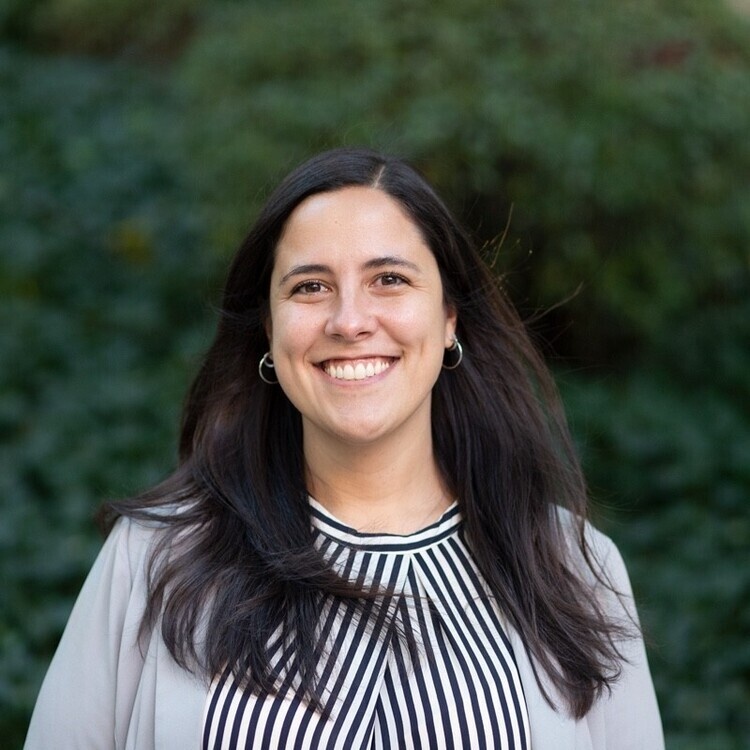
Rising Star Lecture: Bruna Paulsen
Description
Talk Title:
Uncovering the potential of human pluripotent stem cells for modeling neurodevelopmental disorders and beyond
Abstract:
Genetic risk for autism spectrum disorder has been associated with hundreds of genes spanning a wide range of biological functions. The phenotypic alterations in the human brain resulting from mutations in autism-risk genes remain unclear, and the level at which these alterations converge on shared disease pathology is poorly understood. This talk will highlight advances to improve modeling of neurodevelopment in vitro leading to the generation of highly reproducible human brain organoids. We will also discuss how human brain organoids carrying heterozygous mutations in three main autism-risk genes were used to uncover shared cell type-specific neurodevelopmental abnormalities.
Bio:
Bruna Paulsen did her postdoctoral research at Paola Arlotta’s lab in the Department of Stem Cell and Regenerative Biology at Harvard University. During the years in the Arlotta Lab, Bruna used human brain organoids to understand the molecular and cellular basis of autism spectrum disorder. As a visiting PhD student, Bruna joined Derrick Rossi’s lab at Harvard Medical School, where she developed a new strategy to increase efficiency of precise gene-editing applied to pluripotent stem cells. Bruna's interest in human pluripotent stem cells started when she was an undergraduate student at the Federal University of Rio de Janeiro, where she pioneered the work on reprogramming iPSCs as a strategy to model schizophrenia using patient-derived stem cells. Currently, Bruna is a senior scientist at Gameto, a biotechnology company using stem cells to develop therapeutics for diseases of the female reproductive system.
Rising Star Award:
The Rising Stars Award in MIT's Department of Brain and Cognitive Sciences (BCS) is awarded to 2-3 postdoctoral scholars per year. Recipients are awarded based on their outstanding research accomplishments and their extraordinary potential to succeed as independent research faculty. This award also aims to enhance diversity and representation in the brain and cognitive sciences. Awardees receive a cash prize and are invited to present their research in the BCS Colloquium Series.
This talk is available via zoom webinar: https://mit.zoom.us/j/91415807080
Lecture is followed by reception in the 3rd floor atrium with appetizers and drinks

